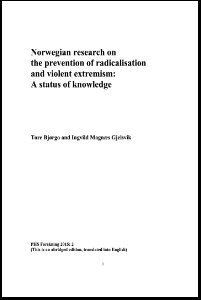By David Spencer
The Government should legislate to abolish, in its entirety, the recording of Non-Crime Hate Incidents by the police. Should the Government choose to retain the NCHI regime, they should issue an updated Code of Practice which leads to a substantial reduction in the number of NCHIs record – increasing ‘freedom of expression’ protections and reducing the distraction of police officers from their core mission of fighting crime. This should include no longer record any NCHIs which do not contain personal data.
The definitions used to meet the threshold for recording of NCHIs should be raised to genuinely meet the standard of ‘Hate’, rather than the current low standard which includes “unfriendliness” and “dislike”. The current standard for “hostility” grossly distorts the perception of the prevalence of genuine ‘Hate’ incidents.
The Home Office should collate and publish on an annual basis the number of NCHIs recorded per force (splitting out the number of NCHIs containing personal data and the number which do not contain personal data). This data should be published for the previous decade and in future years.
Should the Government choose not to abolish the NCHI regime, they should pass legislation to mandate police forces to follow the provisions of the NCHI Code of Practice.
His Majesty’s Inspectorate of Constabulary and Fire and Rescue Services should include compliance with the provisions of the NCHI Code of into NCHIs within their annual PEEL force inspection regime.
All police forces should be required to publish their full policies and procedures in relation to the recording of NCHIs – including making clear on their websites (and other public information systems) the difference between hate crimes and NCHIs.
The National Audit Office should examine the costs in their totality of the NCHI regime to provide a clear understanding of its impact on policing, national government and local government resources.
The Government should conduct and publish a rapid, standalone, review identifying how often the recording of NCHIs is: (a) genuinely leading to the prevention of crime and harm, given that this is the principal justification for the recording of NCHIs and (b) the level of distraction from the core mission of policing to prevent and detect crime.
The Government should review the current Policing Protocol relating to ‘Operational Independence’. The current expansive understanding adopted by many chief constables leads to police forces failing to properly take account of the views of both Police and Crime Commissioners and the Home Secretary – who are accountable to the public and Parliament for crime and policing. It must be made clear that the limits of ‘Operational Independence’ concern directly operational matters.
Policy Exchange, 2024. 38p.




